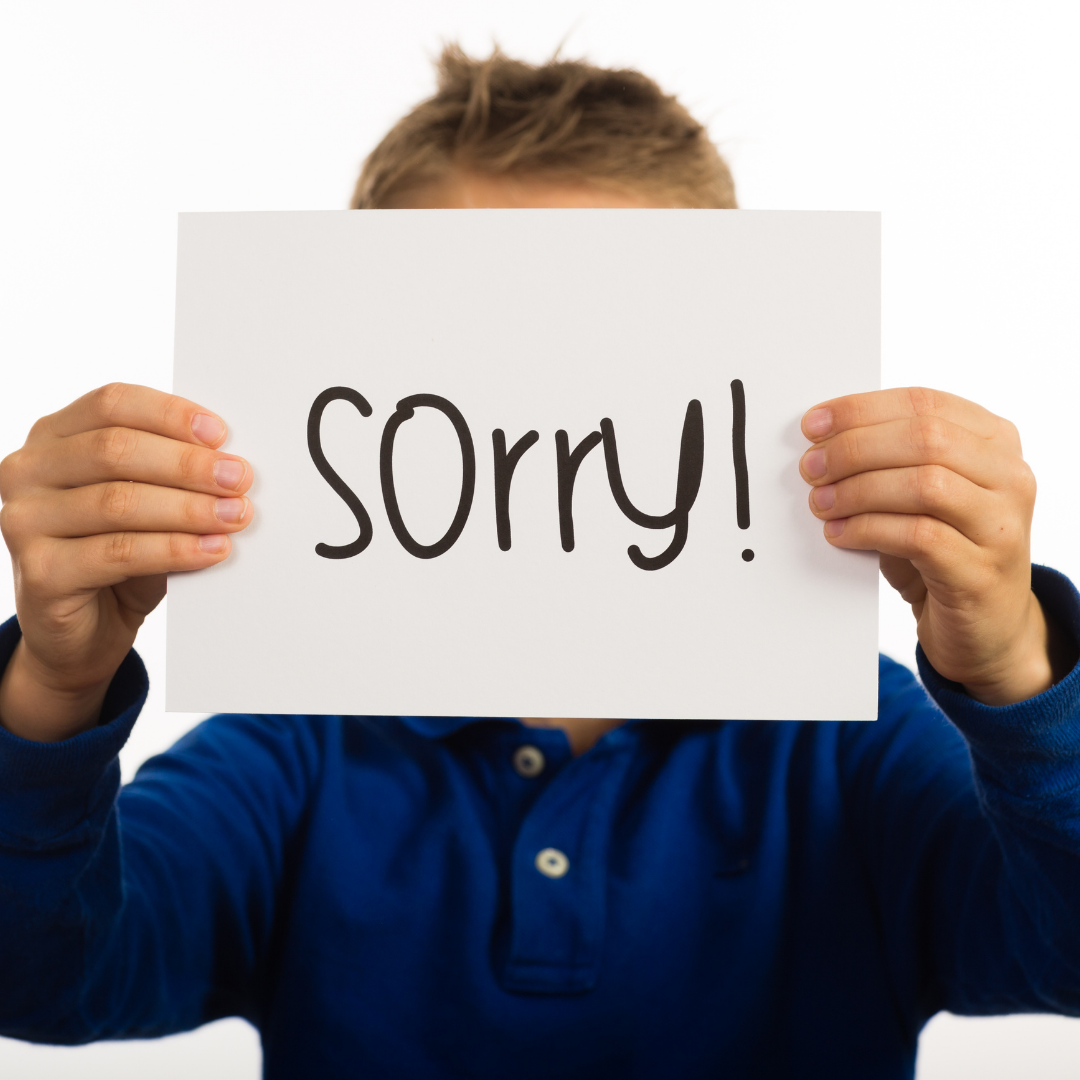Written by Claire Burgess, Family Consultant. *If your child is constipated it is important to get this checked out by your GP to ascertain what might be causing this and then looking at what needs to happen next. If it is put down to constipation because of normal reasons like diet, fluids etc then some of the points below should be of some help!
Read MoreCategories
ALL | Babies | Behaviour | Bereavement | Co-Parenting | Food and weaning | Getting to know | Grandparents | Health | Lockdown | Nursery | Other | Play | Routines | School | Separation anxiety | Siblings | Sleep | Teething | Toilet Training | Transitions | Travel | Tweens and Teens | Twins
You can also check out all of our practical videos on our YouTube Channel here - these include nappy changing, making up a bottle, topping and tailing and so much more!
Written by Claire Burgess, Family Consultant. The transition from cot to bed can happen anywhere between the ages of 18 months and 3 years old. My advice would always be that the closer you can get to 3 years old the better! Being closer to 3 they are more developmentally ready for this change and will have a greater understanding of the concept of being in a bed. By doing the transition at this stage it will usually go much more smoothly than doing it when they are very little.
Read MoreWritten by Claire Burgess, Family Consultant. At one time or another most parents and child carers find themselves in the position of trying to persuade a little one to eat something and quite often it is something they have previously loved and are now refusing!
We all go through phases and stages of enjoying certain foods but then sometimes just not wanting to eat it. Lots of things can impact on this, from the amount of fresh air that we have had that day, exercise or lack of exercise, number of snacks or size of the previous meal, peer pressure or generally just how you might be feeling! Our children are no different and often they aren’t involved in the process of preparing food, so plates of food are just be put in front of them and sometimes they just don’t feel like eating it!
Read MoreWritten by Claire Burgess, Family Consultant. The day when clocks change is coming up and it can always be a worry that this is going to have an effect, meaning all your hard work on getting a good sleep routine in place could be ruined. Fear not! There are some easy ways to keep this on track!
This blog specifically focusses on the clock change that we have in March, where we ‘spring forward’ and lose an hour…which none of us enjoy!
Read MoreBy Claire Burgess, Family Consultant. The word sorry is often a word which is overused and not always in the correct context. An apology can mean a lot when you have been hurt, upset, annoyed etc and having someone acknowledge when they have done something wrong does often help to repair the situation. However, we do also have a very strong need for the apology to have meaning and sentiment – we don’t want to think that someone is just saying it for the sake of it or because they think that will get them out of the situation. If as adults we have a very strong sense of what a genuine apology feels like, then this is no different for our children.
Read MoreWritten by Claire Burgess, Family Consultant. Something which none of us want to think about is what would happen if we died before our children are able to care for themselves?
But, what if we do…?
This is never the most popular of conversation topics that I bring up with my friends (!) but it is always something that, after the initial reluctance to talk about it, gets people thinking. One of the things my friends often say is “But why do we need a will? We haven’t got anything to leave!”. My response is always the same, that their children are the most precious things they have and so they absolutely do have something to leave! The issue is however that once we have spoken about it nothing happens! I get that it is a really difficult thing to have to think about, but it really is SO important.
Read MoreBy Claire Burgess, Family Consultant. Swaddling is often mentioned in the world of newborns and it can be hugely beneficial for some babies when they are first born.
Why should I swaddle my baby?
Swaddling is commonly used with the newborns for the first 3-4 months to help them with the transition from the womb, where they are lovely and cosy, to the big wide world which can make them feel quite vulnerable. The act of swaddling is thousands of years old and it is practiced with newborns becuase it helps to make them feel secure and contained, and helps to prevent them from waking up due to the startle (or Moro) reflex which is when their arms just fly up!
Read MoreWritten by Claire Burgess, Family Consultant. This is a very common issue that parents face and it can be hugely frustrating and challenging when all you want to do is for your child to get dressed, put their shoes on, brush their teeth and tidy up their toys etc. One of the first things to think about is that when our children are babies, we do everything for them and they have very little input or choice in what happens when. Once our children start to find their voice and have the ability to do things independently, then they want to practice this as much as possible, it is a newfound freedom! This can however be exhausting for us as they are taking a great deal of time to do the simplest of things (which you know you can do in 2 mins!) because they are finding it tricky or just want to keep doing it over and over.
Read MoreWritten by Claire Burgess, Family Consultant. Helping children to make brushing their teeth into a twice daily habit is something which will ensure that they have healthy teeth (and hopefully no fillings!) for their whole lives. It is not always the easiest thing to get children to do, there can be resistance and I have seen some parents running around the house with a toothbrush in their hand chasing their child to try and get their teeth clean! In this blog I will give you some practical and helpful hints on how to have a quick and effective teeth cleaning routine.
Read More









